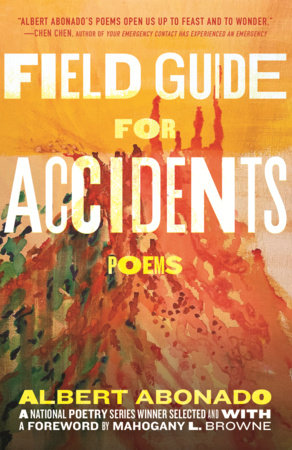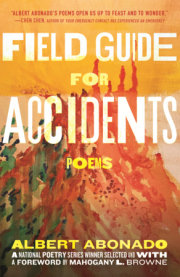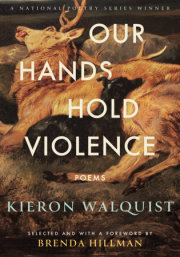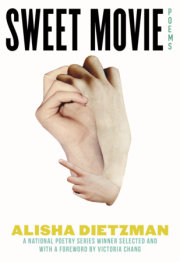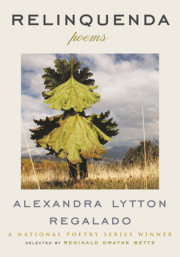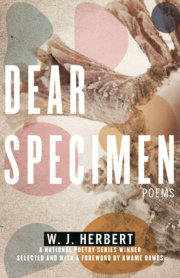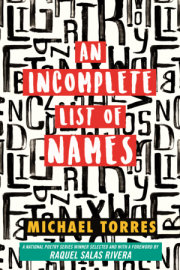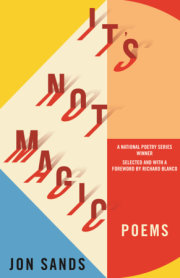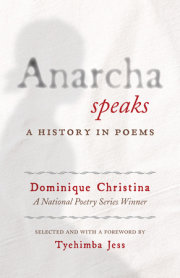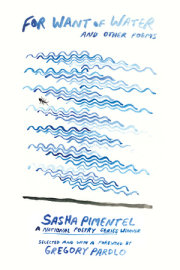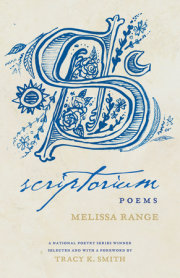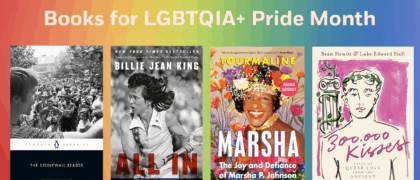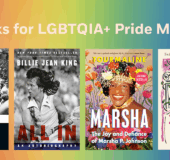Foreword by Mahogany L. Browne
I
From the Trees Full of Birdsong Comes Unripe Fruit
Mano
She Carries My Lola into the Bathroom
Ode to Kamayan
The God I Know Eats with Its Hands
The History of Prayer
How to Remove a Spike
To Prepare the Bitter Melon
Rival
For All of My Unborrowed and Unspent Joys
II
Punchline
Remedy
Witness
You Are Supposed to Cut a Mango into Squares
Outer Banks
Recollection
Instead of the Mastectomy
You Must Wait 15 Minutes Before You Try Again
An Honest Mistake
III
Field Guide for Accidents
IV
The Bears Never Talk About Winter
Flood Warning
Every Wilderness Is a Province of Teeth
A Colony of Ants Attack My Wrist and I Just Let Them
Wolf House
Landscape with Car Wreck and Father
The Trees Are Motherfuckers
Summer Solstice with Motownphilly as Soundtrack
Sympathy for the Conspiracy Theorist
V
About the Horses
Advice for Using Blood in a Poem
Poem as Manananggal Always Looks for the Moon
Poem as Aswang with Tasting Notes
Poem as Kapre Who Rolls Cigars Among the Pines
Poem as Aswang Who Passes Chickens from One Mouth to the Next
On the History of the Line
A Pile of Poems Is Called a Negation
Notes
Acknowledgments

